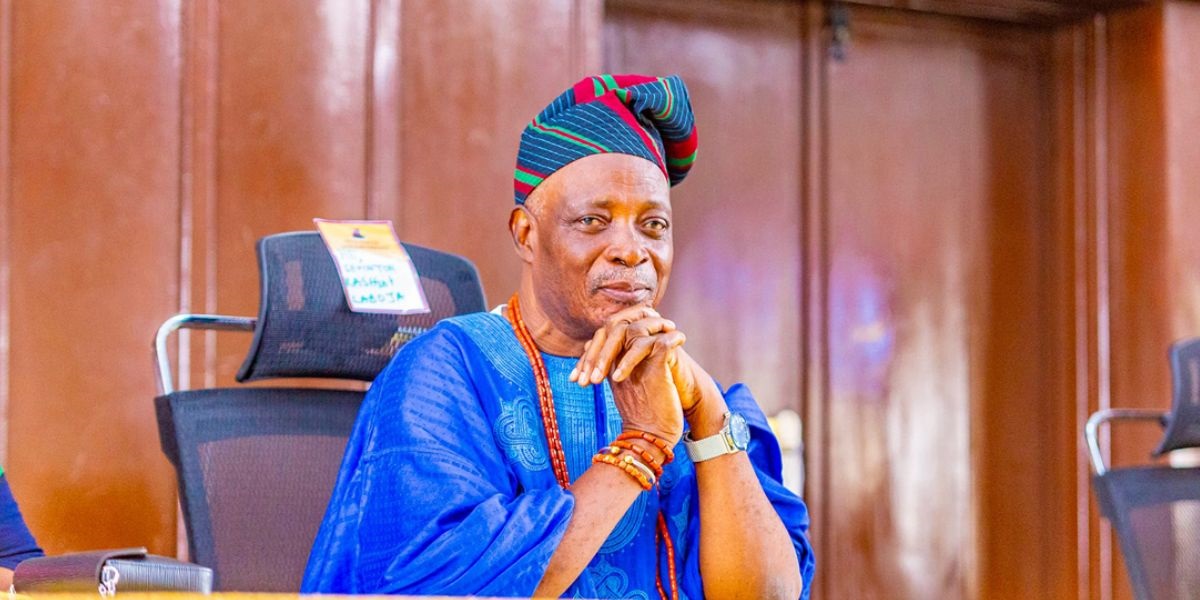DELEGATES at the weekend concluded COP30 in Belém, Brazil, and reached an agreement to scale up climate finance and accelerate implementation of the Paris Agreement.
They also agreed to develop a just transition mechanism and adopt the new gender action plan. However, many expressed concerns regarding the indicators for the Global Goal on Adaptation and the lack of a reference to fossil fuel transition.
However, the formal negotiations offered an inadequate response to the shortfall in ambition in national climate commitments, failing to explicitly agree on the roadmaps to transition away from fossil fuels and halt deforestation that many countries and stakeholders had advocated.
After two weeks of intense negotiations, they adopted text calls for mobilising at least $1.3 trillion per year by 2035 for climate action, alongside tripling adaptation finance and operationalising the loss and damage fund agreed at COP28.
COP30 launched two major initiatives – the Global Implementation Accelerator and the Belém Mission to 1.5°C to help countries deliver on their nationally determined contributions (NDCs), or national climate action plans, and adaptation plans.
For the first time, the decision acknowledged the need to tackle climate disinformation, pledging to promote information integrity and counter narratives that undermine science-based action.
In the closing meeting, COP30 President André Corrêa do Lago acknowledged what was left out of the deal.
“We know some of you had greater ambitions for some of the issues at hand,” he said, adding, “I know the youth civil society will demand us to do more to fight climate change. I want to reaffirm that I will try not to disappoint you during my presidency.”
Reflecting on the call by Brazil’s President, Luiz Inácio Lula da Silva, at the opening of COP30 for ambition, Do Lago announced plans to create two roadmaps: one to halt and reverse deforestation; and the other to transition away from fossil fuels in a just, orderly and equitable manner, mobilising resources for these purposes in a “just and planned manner.”
In reaction, the President and Chief Executive Officer (CEO) of World Resources Institute, Ani Dasgupta, said, “COP30 delivered breakthroughs to triple adaptation finance, protect the world’s forests and elevate the voices of indigenous people like never before. This shows that even against a challenging geopolitical backdrop, international climate cooperation can still deliver results.
“But many will leave Belém disappointed that negotiators couldn’t agree to develop a roadmap to transition away from fossil fuels. More than 80 countries stood their ground for a fair and equitable shift off fossil fuels, but intense lobbying from a few petrostates weakened the deal.
“At the last minute, negotiators incorporated a reference to a previous agreement on accelerating the climate transition in multiple sectors, and the Brazilian Presidency announced it would create fossil fuel and deforestation roadmaps outside of the formal negotiations.”
Climate Action Network International (CAN) welcomed the adoption of the just transition mechanism as one of the strongest rights-based outcomes in the history of the UN climate negotiations.
At the same time, the civil society group warned that COP30 produced weak outcomes in the very areas that are critical to ensuring justice for vulnerable and frontline communities. A dangerously weak outcome on Adaptation finance leaves little hope for impacted communities.
“Further adding to this injustice, governments did not deliver a concrete global response plan to address the ambition gap, and only agreed to have further processes to address this gap, including a just, equitable and orderly transition away from fossil fuels.While welcome, we need more than a process. We need implementation that includes finance to urgently address the cause of the climate crisis,” CAN said.
CAN Executive Director, Tasneem Essop, said, “We came here to get the Belém Action Mechanism – for families, for workers, for communities. The adoption of a Just Transition mechanism was a win, shaped by years of pressure from civil society. This outcome didn’t fall from the sky; it was carved out through struggle, persistence, and the moral clarity of those living on the frontlines of climate breakdown. Governments must now honour this just transition mechanism with real action. Anything less is a betrayal of people and of the Paris promise.”
Founding Director, Power Shift Africa, Mohamed Adow, said, “COP30 kept the process alive, but process alone will not cool the planet. Roadmaps and workplans will mean nothing unless they translate into real finance and real action for the countries bearing the brunt of the crisis.
“Despite calling themselves climate leaders, developed countries have betrayed vulnerable nations by both failing to deliver science-aligned national emission reduction plans and also blocking talks on finance to help poor countries adapt to climate change caused by the global north.”






